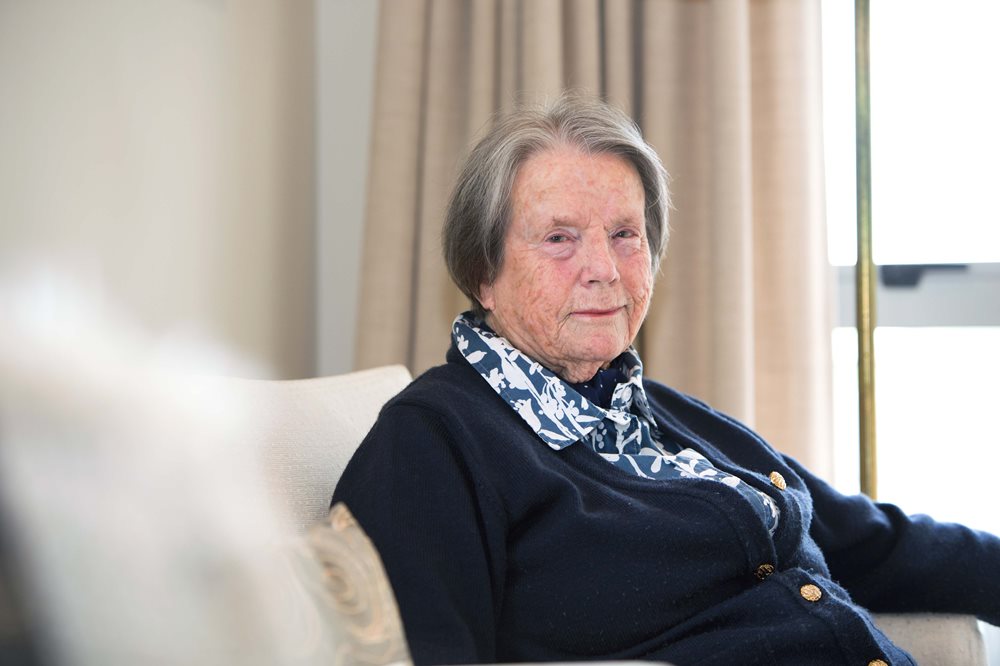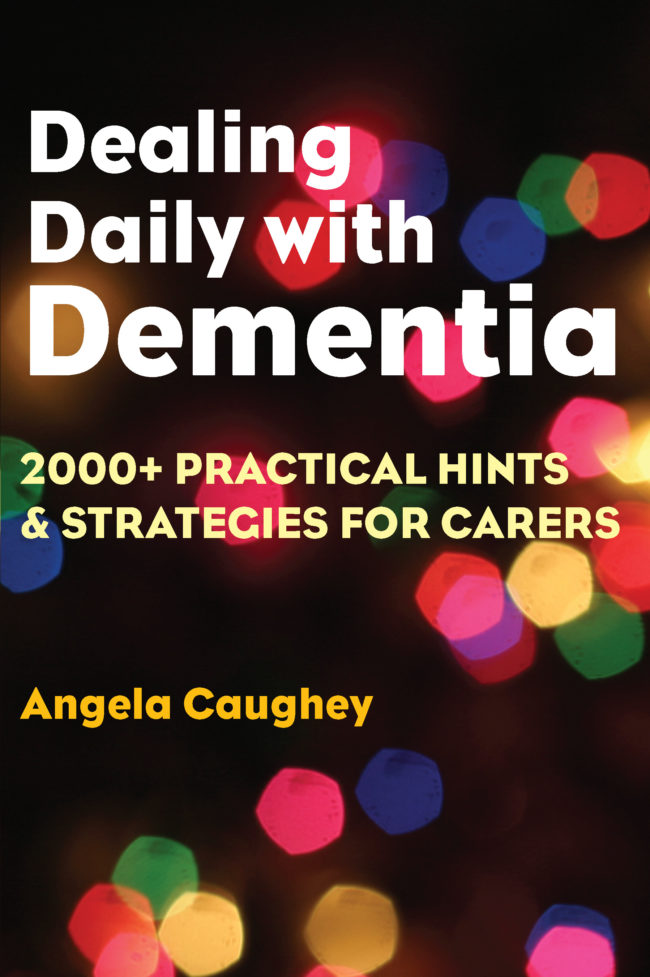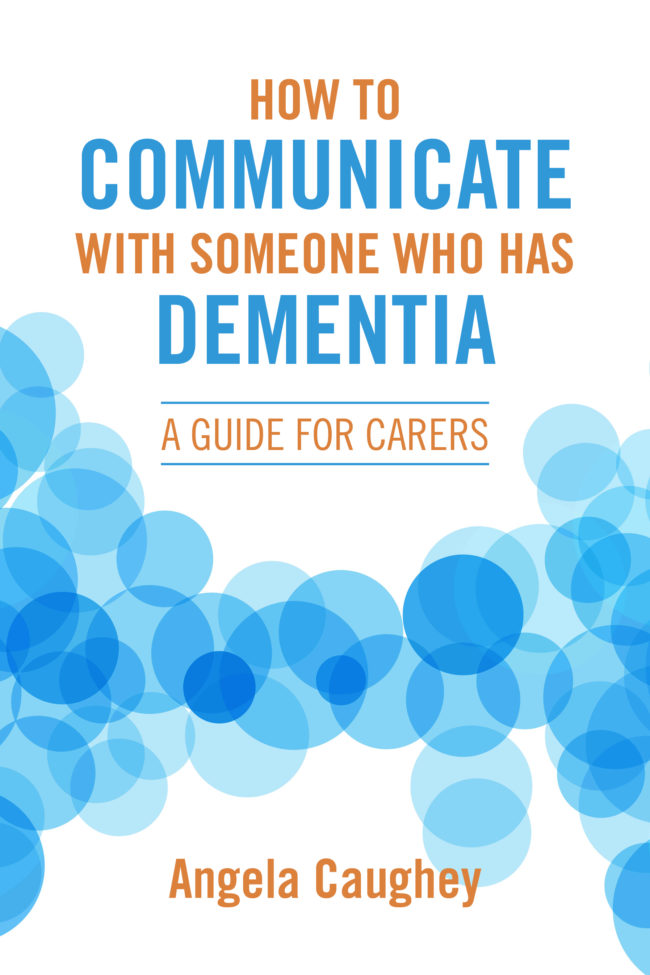Dementia and the importance of communication
Having lived a full life with my husband up to our sixties, I was fully expecting us to go on into our eighties in the same contented way. It was not to be. When he was 68, he was diagnosed with Parkinson’s and Alzheimer’s disease, although we were later told it was Lewy body dementia.

So we began our journey – he with his mental health impairment, and me as his carer. I think the reason I managed to look after him for 14 years at home was that we had always communicated openly with each other, and soon after the diagnosis he said, “We must tell everybody, Ange – family and friends. We’re at an age when other friends will get dementia, too, and we can be an example to them of how to cope. And it’ll be easier for me – I’m already finding it hard to keep up with them.”
As time went by, I realised that I had to adapt our old methods of communicating in three important ways: I had to adapt my world to his reality, I had constantly to remember he was still there inside (despite the amusing and sometimes outlandish situations he created in his mind!), and I needed to treat him at all times with respect, whatever was happening.
I role-played being a hospital nurse – patient, cheerful, non-judgemental (though of course I had my off moments) – and whittled down essential communications to these basics:
- responding to his feelings (when I could identify them)
- keeping questions to a minimum (his brain found them difficult to reply to)
- speaking slowly and using simple words
- not assuming I knew what he wanted
- always clarifying, especially repeating back to him what he said in different words, so that I knew I’d got his messages correctly.
One thing I didn’t do right – I didn’t keep laughter in the house! As he was getting into the car one day to go to respite care (and every carer should make sure they are awarded this period of relief) he knocked askew his favourite Harris tweed cap. He looked so funny, I laughed. He looked at me with his usual deadpan face and said gruffly, “I wish you’d laugh more often.” I was conscientious and patient, but I must have been a bore to live with!
Another thing I learned when talking with him was to leave long pauses. One day I read a business letter to him, as he sat on the sofa gazing into space, and asked if it was OK. After a long silence, he said in his quiet, quiet voice, ”Yes, that’s good, but I’d leave out that last sentence.” He was still there inside.
My back finally ‘went’, and I chose a moment when I knew he was in one of his lucid periods to tell him I could no longer care for him and that it was time for full-time care. He said, “If I go into full-time care I won’t last longer than five months.” He was still there inside, still the managing director,still keeping control as best he could. In the home he simply stopped eating and drinking and died a month later. He didn’t want to go on with all the difficulties he was experiencing.
My support group and I had never been able to find any book that told us what to do in the situations we found ourselves in; so, after he died, I wrote Dealing Daily with Dementia, which delivered over 2,000 hints for carers (this has now been translated into German, Estonian and Japanese); and I followed it up, at the suggestion of my publisher, with How to Communicate With Someone Who Has Dementia.
Angela Caughey
All royalties are donated to dementia and Parkinson’s charities.



